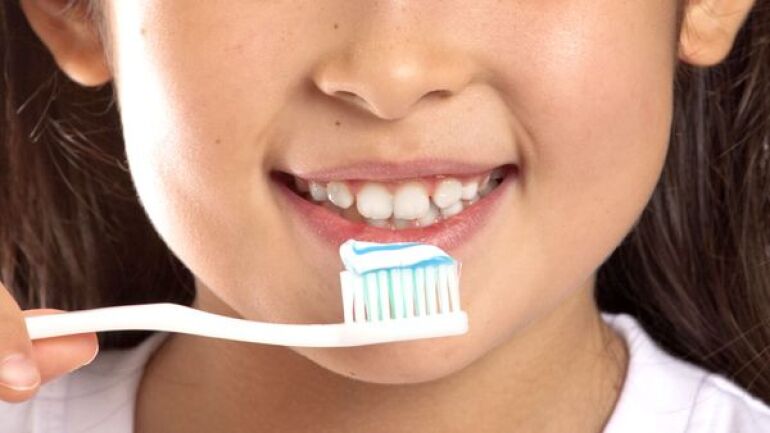News And Events

Healthy and Strong Teeth
28 November 2018At Nurtured at Home, we promote healthy eating and hygiene practices for children in care so that our tamariki grow healthy and strong. Looking after a child’s first baby teeth is important to ensure healthy and strong adult teeth come through. The following information is taken from New Zealand’s Ministry of Health website to assist you with knowing how you can care for your child’s teeth.
Get free Oral Health Service care - your baby is eligible for free check-ups from an oral health service. It’s important to enrol your child with the service as early as possible, so that you can arrange the first check-up. To enrol with a service or to make an appointment phone them on 0800 TALK TEETH (0800 825 583).
Regular check-ups increase the chances of finding and treating any tooth decay early. Your dental therapist will tell you how often your child should have a check-up.
Looking after your child’s baby teeth can help ensure their adult teeth come through healthy and strong. Your child’s first teeth (also called baby teeth) will help them to eat and speak well.
5 steps to protect your child’s smile:
- Brush teeth twice a day
- Use fluoride toothpaste
- Have regular dental check-ups
- Lift the lip every month to check for signs of tooth decay (holes)
- Choose healthy foods and drinks.
- Brush twice a day
As soon as your baby’s teeth start to show, start brushing twice a day. One brushing should be at night before your baby goes to bed. Use a small, soft brush and a smear of family fluoride toothpaste (for children 6 years old and over, a pea-sized amount).
Once your child is over one year old, brush their teeth for two minutes. Brush all around the inside surfaces, where the teeth meet the gums, and also the top chewing surfaces. Brush on the front of their teeth, all around the outside surfaces and close to the gums.
Teach your child to spit out the left-over toothpaste after brushing. Don’t rinse with water, because a small amount of fluoride toothpaste left around the teeth will help to protect them.
You may find it easier to stand behind your child and gently tilt their head back as you brush or lie their head on your lap.
As your child gets older it’s a good idea to let them try using their toothbrush after you have cleaned their teeth for them. Children need help to clean their teeth until they are around 8 or 9 years old.
Use fluoride toothpaste - Fluoride makes teeth stronger and reduces tooth decay (holes).
The Expert Advisory Group of the NZ Guidelines Group recommends to use:
- A smear of fluoride toothpaste for children up to and including 5 years old.
- A pea-sized amount of fluoride toothpaste for children 6 years old and over.
Toothpastes of at least 1000 ppm are recommended for all ages, and should be used twice daily. To ensure that you purchase toothpastes that contain at least 1000 ppm fluoride look for packaging labels that say: ‘contains 0.221% sodium fluoride’ or ‘contains 0.76% sodium monofluorophosphate’.
Lift the lip every month - gently lift your child’s top lip once a month to check inside their mouth. It’s a quick and easy way to see if tooth decay (holes) is present. The Healthy Smiles website has videos on how to lift the lip. You can read about tooth decay and what to look for on the Plunket website.
If you are worried about your baby’s teeth, talk with your Well Child Tamariki Ora nurse, or with your doctor, or contact your Community Oral Health Service on 0800 TALK TEETH (0800 825 583).
Choose healthy foods and drinks
Healthy eating = healthy teeth
For drinks milk and water are best. Only these should be put in baby bottles or sipper cups.
Don’t put your baby to bed with a bottle. Going to sleep with a bottle of milk, a warm chocolate drink or juice will start to cause tooth decay. If they want to suck on something to settle themselves, it’s better to use a pacifier/dummy with no sweetener.
Around 6 months is a good time to prepare your baby for drinking from a cup. Start with water in a sipper cup and you will find it much easier to wean from the breast or bottle later. Your baby may be ready to start eating solid food at around six months of age. To protect your baby’s teeth, choose healthy foods and drinks. Sweet drinks, foods and fruit juices can cause tooth decay and cause your baby to develop a taste for sweet foods.
As your child gets older, to protect their teeth, give them sugar free snacks between meals such as fruit, fresh vegetables.


